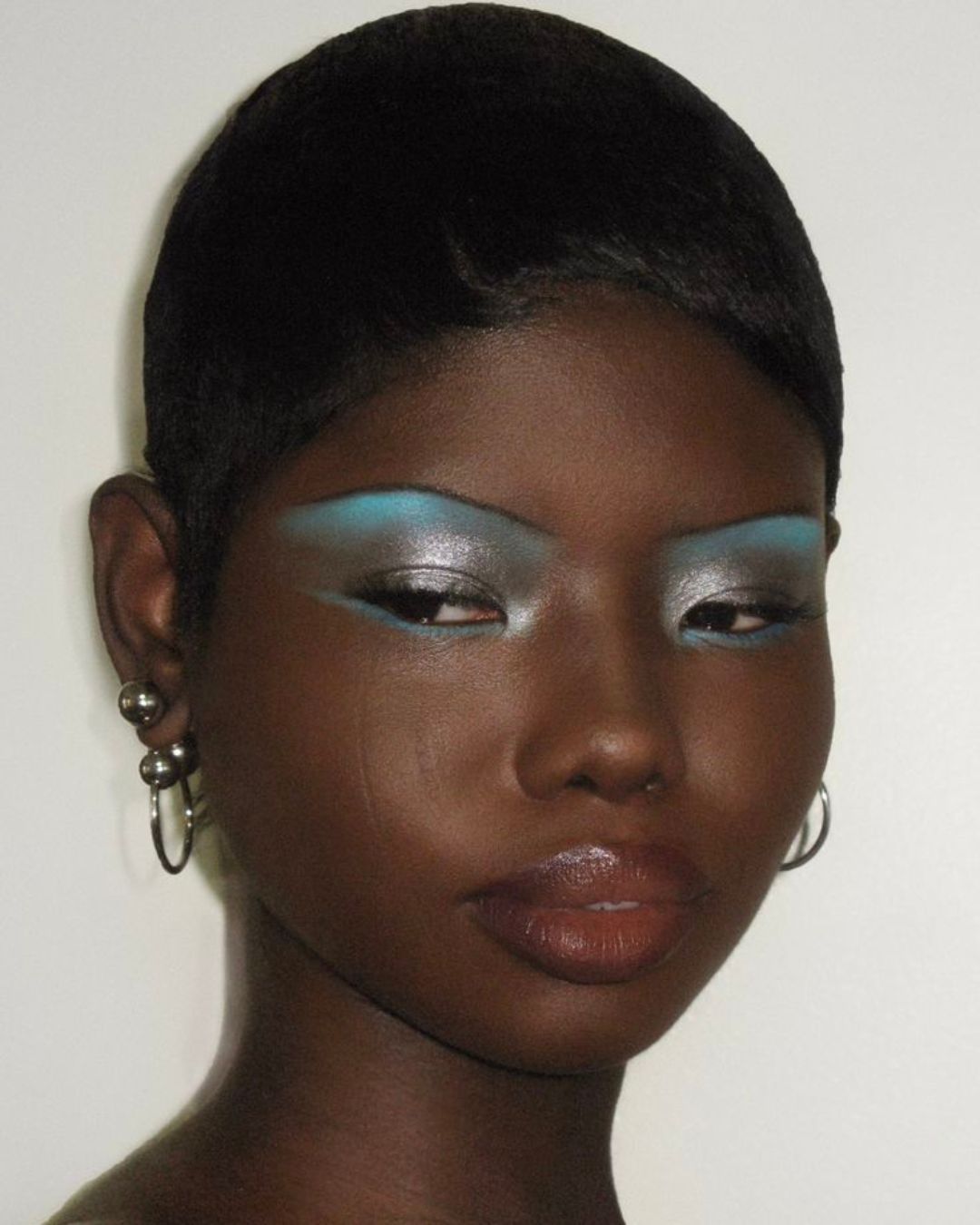
January is diet culture's month Could challenges and resolutions for 2024 lead us astray?
The holidays are not even over yet, and we are already taking a precise and ruthless assessment of 2023, thinking about our resolutions for 2024. Writing and reading more, traveling more, complaining less, sending an email to that volunteer organization we've been thinking about for a while to lend a hand, learning to swim or drive, hiking in the mountains, meeting new people, and eliminating old ones we no longer like. Among all these resolutions, there are other less virtuous ones lurking in our subconscious as children of the 90s and 2000s, emerging more strongly, especially after a particularly abundant Christmas lunch or the eighth breakfast in a row with forest fruit and chocolate panettone. These resolutions revolve around food, diet, consuming a certain type of food or drink, and physical exercise—anything that could dangerously draw us closer to the so-called diet culture.
What is diet culture?
Have you noticed? Society pushes us towards thinness, in a more or less subtle or shameless way, hiding behind motivations like health but actually trying to sell us mainly two things. Firstly, products: protein-rich, sugar-free, low-calorie products, for draining, detoxifying, expelling excess liquids, eliminating cellulite, slimming the face, thighs, buttocks, arms, and belly. At a deeper level, however, society sells us an image. An image of beauty coded to the millimeter, an ideal woman who is extremely thin but toned, happy, constantly thinking about her skin care, body fat index, the quality of the food she ingests, content to eat salads and go running, never complaining and finding all of this absolutely effortless. A woman who, in short, doesn't exist but serves to sell. This and much more is diet culture, of which dietitian and author of Anti-Diet: Reclaim Your Time, Money, Well-Being, and Happiness Through Intuitive Eating Christy Harrison has identified the 4 main pillars. According to her, diet culture venerates thinness, equating it with health and moral virtue, promotes weight loss as a means to achieve a higher (moral, health, and social) status, demonizes some foods while elevating others, creating a dichotomy between good/bad, clean/dirty, and healthy/unhealthy foods, oppresses people who do not fit a presumed image of health and well-being. If we think about it for a second, diet culture is everywhere: behind billboards and in the comments of relatives, on social media and in bars, it turns into body shaming, fat-shaming, and pretty privilege, informing our daily choices.
Dry January and Veganuary
Resolutions have become so inflated that they have almost become codified. In addition to the classic ones, there are real challenges to sign up for through specific websites, which will then help us track our progress and connect us with other people who have made the same choice, creating a community. Veganuary, for example, is a movement founded in 2014 by Jane Land and Matthew Glover to promote a sustainable vegan lifestyle starting from January alone. By simply eliminating meat and animal products from our daily diet for a month, we can make a difference in global consumption and the issues that the meat industry inflicts on the environment, workers, and animals. Veganuary has grown a lot in the last 10 years, reaching over 500,000 official participants in 2021. Similarly, Dry January, an initiative by Alcohol Change UK since 2013, proposes to eliminate any alcoholic beverage for the entire month of January. Motivations vary: choosing to eliminate alcohol to balance the excesses of December, to feel better, to learn not to feel obligated to drink every time we go out with friends, to save money, or simply to rest.
How diet culture impacts these dietary challenges
There are various motivations that could lead someone to embark on Veganuary or Dry January. It could simply be the desire to challenge ourselves, test our limits, feel the satisfaction of helping, see where we get, understand how much we actually depend on a glass of wine or a platter of cured meats and cheeses. However, how do we know if deep down there isn't also a desire to lose weight? To "get back on track" (whatever that means) after the holidays? After all, diet culture is so corrosive and pervasive that it's challenging to separate these reasons (still valid) from the desire to be that perfect and non-existent woman mentioned a few paragraphs ago. According to Veronica Castro, for example, the "all or nothing" approach of these challenges could prove too limiting and contribute to developing anxieties or obsessions in those who decide to undertake them, especially if they have a history of eating disorders of any kind. As for alcohol, the problem is even more nuanced. Social pressures come into play, the huge and nuanced theme of addictions, which needs to be addressed separately. It's impossible not to realize how much the consumption of alcoholic beverages is demanded and almost obligatory in a myriad of situations, and how alcohol culture has made its holes in our sociality, bypassing diet culture (which demonizes a lot more foods that are less dangerous) on some occasions.
What to do to protect yourself?
There is no one-size-fits-all solution to this kind of pervasiveness. The only thing to do, slowly but with good will, is to change our relationship with food and alcohol, also with the help of a therapist or nutritionist, who will be happy to "teach us" an anxiety-free approach to eating. It is also useful to reject the all-or-nothing mentality in any case, learning to know our bodies and not overdoing it but without imposing anything on ourselves. If we want to have a glass of wine or eat a steak, with the awareness that even reducing (not necessarily eliminating altogether) the consumption of these things could be good for us and others.

























































